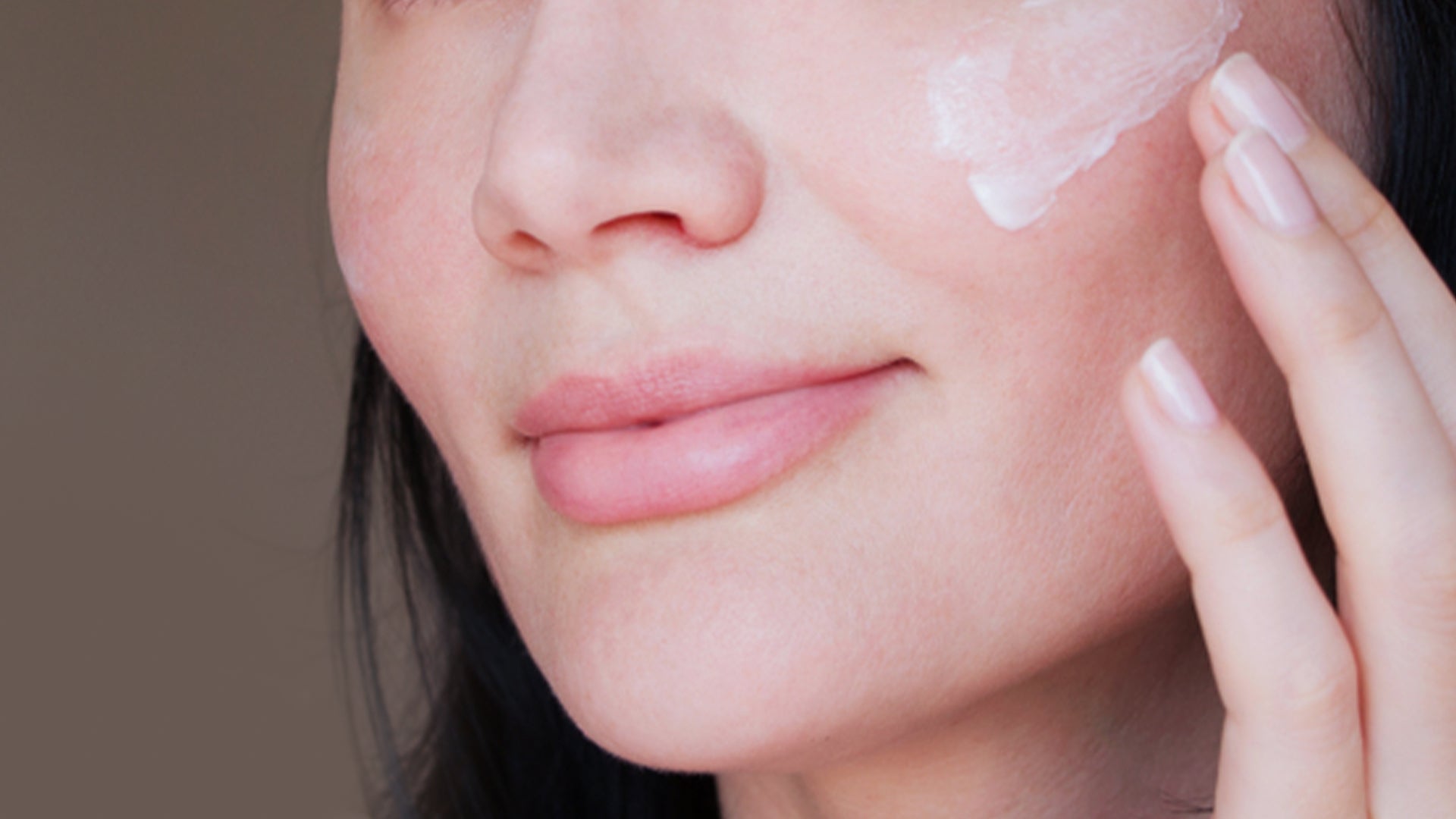Written by - Ujjvala
Waking up with a layer of oily skin could demotivate morning energy.
Most oily skin owners have this in common.
Furthermore, we get disheartened with the misbelief that there is no cure for oily skin. Our thought process could be something like dry skin has numerous products in the market, and also they do not have to worry about the frequent shine or acne on the face.
To counter this, dermatologists urge oily skin to use a moisturiser that is most necessary for oily skin over dry skin, because lack of hydration could lead to more sebum production and thus more shine!
Once you are out of the shower, make sure to moisturise your skin. Especially during winters after a hot water bath, the most moisture content in the skin is lost and leaves the skin dry.
What Kind Of Moisturisers Should You Look For?
There are two types of moisturisers: water-based( also known as gel moisturisers) and cream moisturiser. It is essential to know which type suits us best.
Water-Based Moisturisers:
They are semi-transparent and have a jelly-like texture. They're not quite liquid, but they're also not solid. Gel moisturisers are lighter, water-based, and instantly absorb into the skin. Gel products typically have a matte finish on the skin. They usually contain humectant ingredients such as glycerin, sorbitol and hyaluronic acid high in moisture.
Gel moisturisers are the best moisturisers for oily skin without blocking up pores. If you get exposed to the sun more often and have sensitive skin irritated with fragrances in products, you must try this moisturizer from suganda.
white lotus moisturiser- Hyaluronic acid in it deeply moisturises the skin and the white lotus helps calm inflamed skin. Since it is a gel moisturiser, it comes in a pump to dispense effectively.  Cream Based Moisturisers:
Cream Based Moisturisers:
Creams have a thicker consistency and a smooth, creamy texture. Face creams are typically off-white and not transparent. These can be made with either fatty solids or water-based ingredients. Creams require more time to absorb into the skin.
Moisturising creams frequently emphasise skin hydration and anti-ageing properties. Moisturising creams constitute hydrating and nourishing ingredients like vitamin E, ceramides, and fatty acid-rich oils. This type is usually preferred for dry skin.
Best Ingredients That You Should Look In Your Moisturiser
Hyaluronic Acid:
Hyaluronic acid is naturally found in the skin that helps water molecules bind to the dermis for plumped skin. As we age or due to the usage of harsh detergents, its volume decreases.
A popular humectant ingredient found in many moisturisers is hyaluronic acid, which is also produced naturally by your skin to help hold water. Hyaluronic acid is naturally found in the skin that helps water molecules bind to the dermis for plumped skin. As we age or due to the usage of harsh detergents, its volume decreases. Also, when your skin is exposed to UV radiation from the sun for an extended period, it loses hyaluronic acid. Applying moisturisers containing hyaluronic acid is especially important if you spend more time outside.
It is an essential component of any moisturiser because it can help rebuild your skin's natural ability to retain moisture and show up soft even as you get older.
Niacinamide:
Sebum is the oily substance produced by your skin's sebaceous glands, which is a major reason for shine on the face. Niacinamide is an element that helps reduce the amount of sebum secreted. It is significant because acute and non-inflammatory acne develops when surplus sebum and dead skin cells become locked in your pores. Niacinamide minimises the likelihood of acne aggravation by lowering sebum production.
Squalane:
Squalane oil can moisturise the skin properly, leaving it supple and well hydrated. Since it's similar to the oil produced in your skin.
This Squalane moisturiser tends to offer the right amount of moisture. This means it doesn't over-moisturise or under-moisturise. Since Squalane can mimic the skin's natural oil, it can help control sebum. Being non-comedogenic, it doesn't clog the pores.
It is necessary to mind the amount of moisturiser being used. Although a moisturiser is oil-free, excessive amounts could lead to a greasy texture. Sometimes, layering products in the wrong way can also cause shine. Hence, make sure to layer from lightest to heaviest, starting from a cleanser, then a toner and moisturiser, and finishing off with sunscreen.
References:
1.https://www.ncbi.nlm.nih.gov/pmc/articles/PMC4885180/
2.ncbi.nlm.nih.gov/pubmed/17147561






 +91 9347578980
+91 9347578980